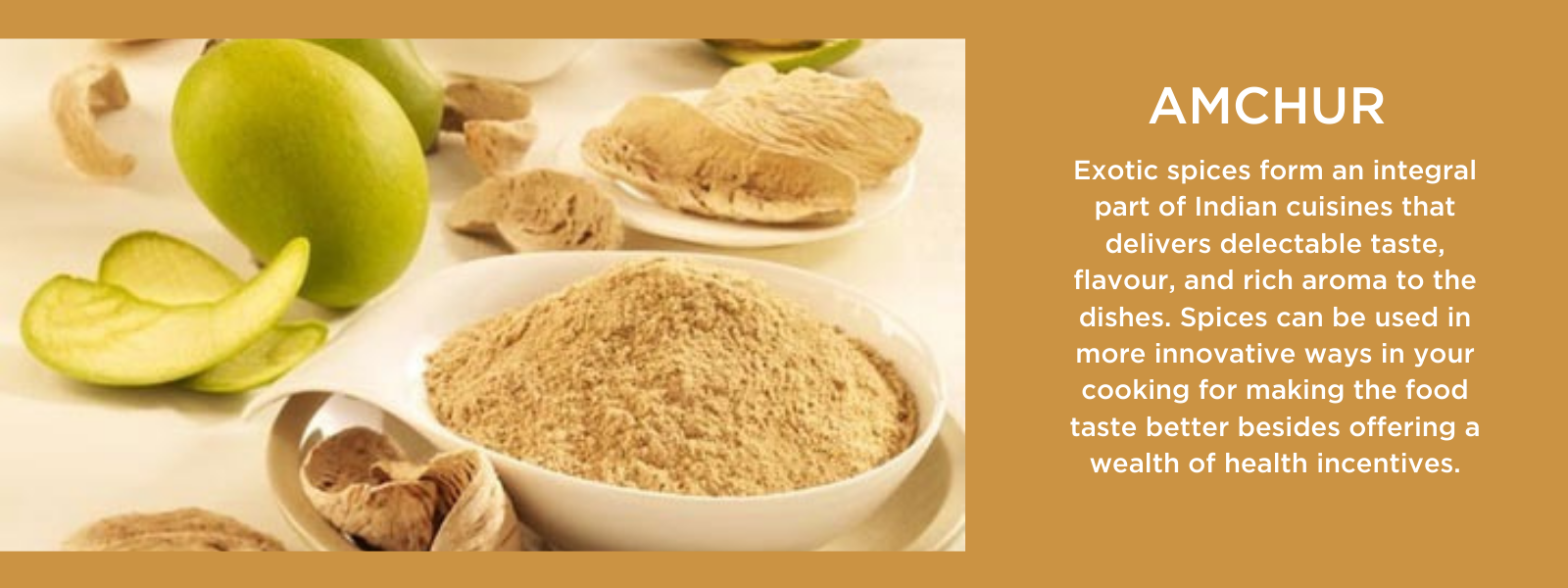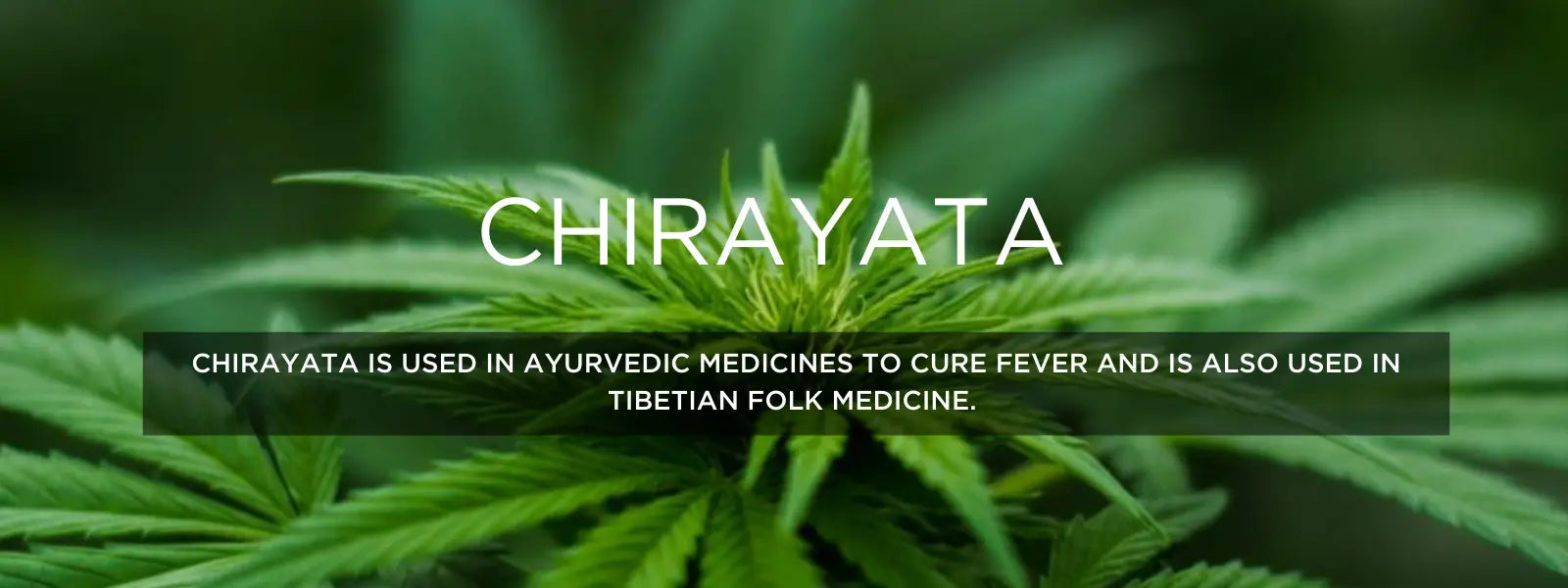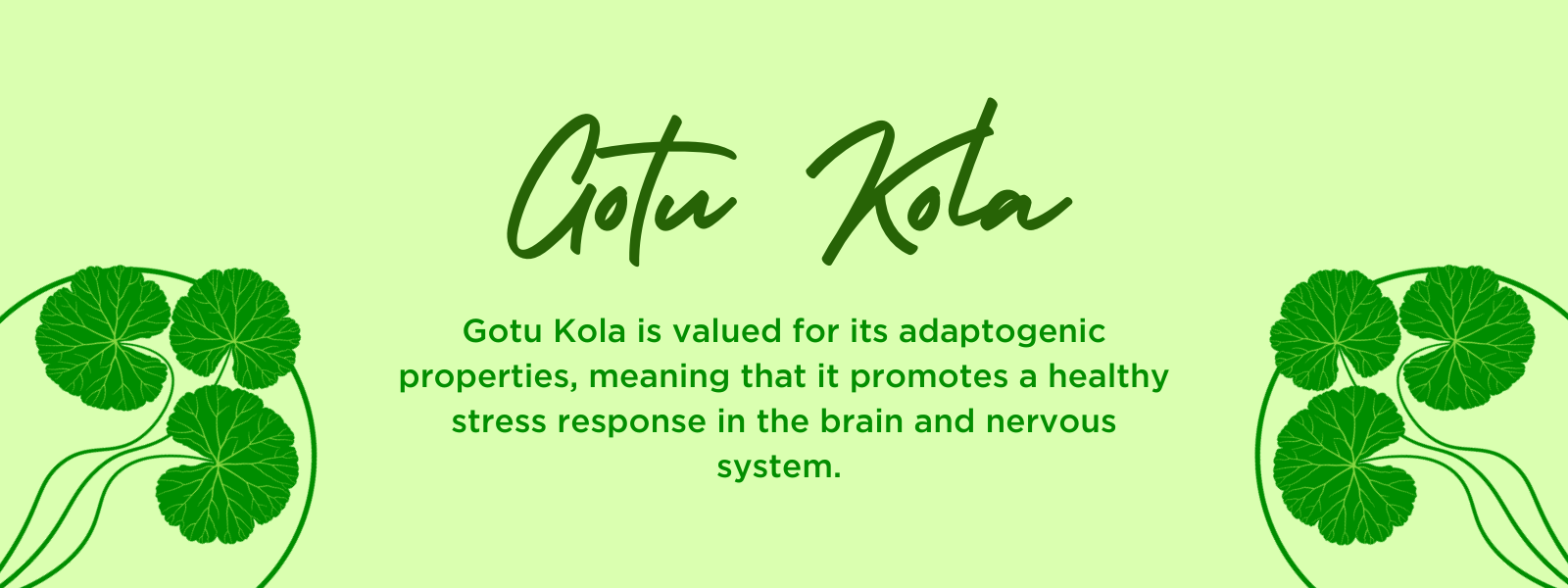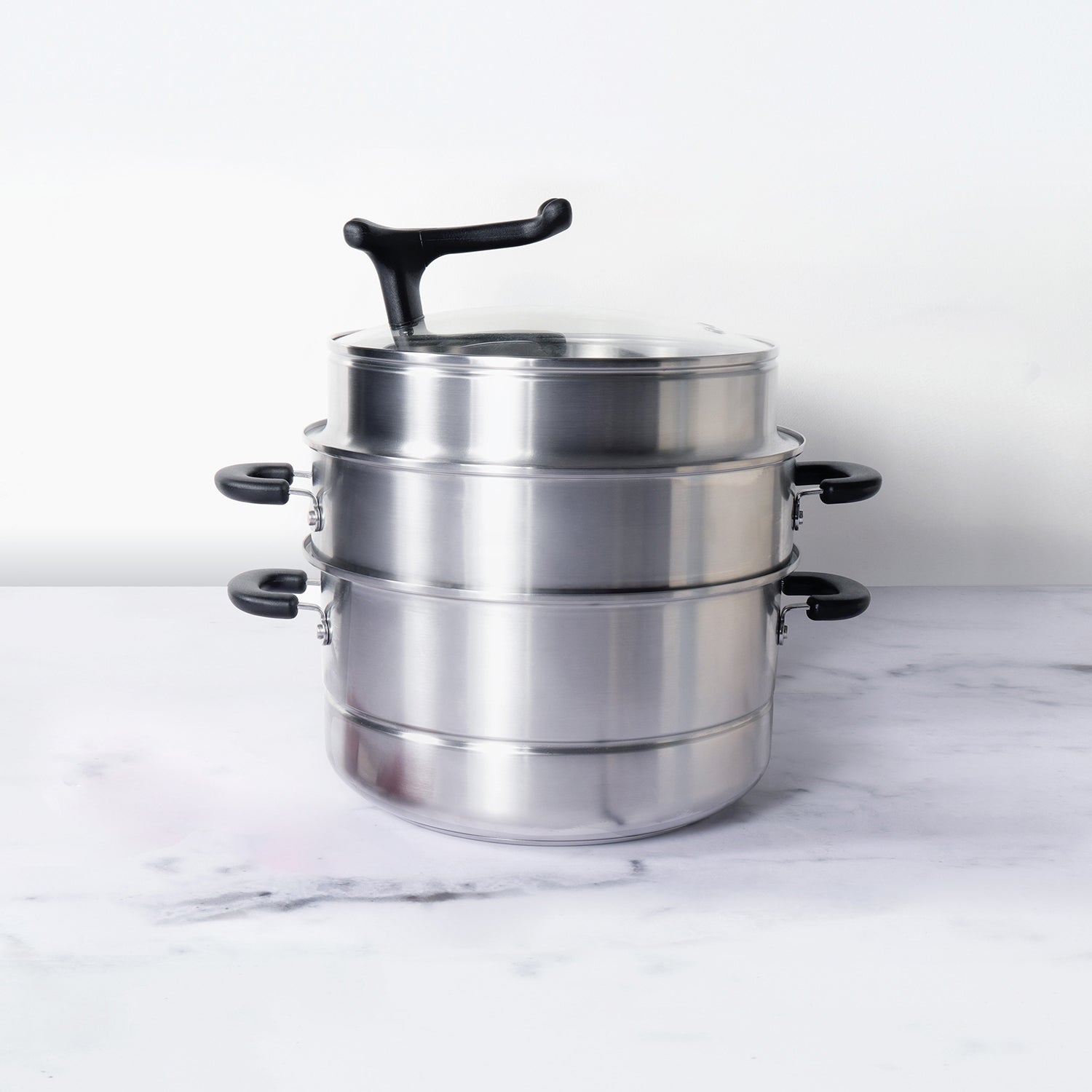Guggul, an oleo-gum resin that is derived from the bark of Commiphora wightii, is a member of the Burseraceae family. It is obtained as an exudate by tapping guggul tree branches and stems. It can be found in Bangladesh, Pakistan, and desert regions of India. Gujarat, Assam, Rajasthan, Karnataka, and Madhya Pradesh are among the Indian states that have it.
The guggul tree has thorny branches and is a small, bushy tree. It produces yellowish gum resin in tiny channels that are spread out across its bark. A cut is made in the bark of the guggul tree, which causes the resin to flow out and harden before being collected.
Table of Contents
What is Guggul?
Guggul, a gum resin derived from numerous Burseraceae tree species, is a key component of many ayurvedic preparations. Commiphora mukul, Commiphora gileadensis, Commiphora wightii, Boswellia serrata, and Boswellia sacra are some of the key plant species that secrete Guggul in the form of plant sap. Other names for it include Indian bdellium, Guggula, Gugar, and Guggal.
Ayurvedic use of Guggul:
Ayurvedic scriptures from as far back as 600 BC advocate the use of this tree for the treatment of atherosclerosis. It has been used for millennia in Ayurvedic medicine.
For thousands of years, Indian traditional medicine has utilised guggul to treat abnormalities of the lipid metabolism, obesity, gout, rheumatism, and inflammation.
Guggul derived from Commiphora wightii is mostly used for making ayurvedic formulations. Guggul is also referred to as "Pura" in some Ayurvedic texts, which denotes "a material that fights off disease." Guggul has long been used in the Ayurvedic medical system to treat and manage a variety of health issues, including obesity, high cholesterol, arthritis, skin infections, thyroid disorders, irregularities of the heart and brain, inflammatory illnesses, diabetes, respiratory issues, and renal issues.
Health benefits of Guggul:
- Cholesterol and Heart Health
Guggul's cardioprotective properties have long been recognised in Ayurveda. It prevents platelet aggregation, which prevents blood clots from forming. This advantage is shown in both healthy participants and those with coronary heart disease.
Guggul has also been researched for its benefits on people with hypercholesterolemia and is a potent anti-inflammatory (high cholesterol). C-reactive proteins, a biomarker of inflammation that is especially connected to atherosclerosis and is involved in every step of plaque buildup, were observed to decrease in participants who took 2000mg of Guggul extract daily.
Guggul has also been shown to increase HDL (high density lipoprotein), while decreasing LDL (low density lipoprotein) and the harmful VLDL (very low density lipoprotein). This helps to optimise the cholesterol ratio to a healthy level. Among the Guggul's active ingredients are guggulsterone and gugulipid. The ability of gugulipid to speed up the liver's metabolism of LDL cholesterol appears to be the mechanism for its ability to decrease cholesterol. The liver's ability to absorb LDL cholesterol from the blood is enhanced by guggulsterone.
Last but not least, Guggul's potent antioxidant qualities shield the blood vessels and heart from oxidative stress, minimising cell damage and preventing heart disease.
- Weight Loss
A person's ability to lose weight while adhering to a balanced diet and a modest exercise routine will depend on their metabolism, which is directly related to thyroid function. Numerous studies have revealed that Guggul promotes healthy thyroid function and supports the body's innate capacity to control metabolism. According to a research in "Science Direct," when taken along with regular exercise, guggul drastically reduced fat mass and enhanced mood.
Guggul has also been demonstrated to encourage the thyroid's uptake of iodine. Every cell in the body depends on the thyroid hormones T3 and T4 for the control of metabolism, but the thyroid cannot produce them without iodine. Guggul can aid in boosting metabolism and the entire digestive process by improving the intake of iodine and the activity of thyroid hormones.
Additionally, it combats the oxidative stress linked to obesity and hinders the conversion of undigested carbs to fat cells in terms of weight reduction.
- Guggul for Arthritis
The primary ingredient in guggul, guggulsterone, is responsible for the herb's potent anti-inflammatory effects. Studies have indicated that it can suppress the protein complexes known as NF-kappaB that are involved in the body's inflammatory reactions, making it equivalent to NSAIDS (non-steroidal anti-inflammatory medicines).
This is especially helpful for those with rheumatoid and osteoarthritis; one study found that taking 500mg of guggul extract daily reduced pain, stiffness, and impaired mobility and function in people with osteoarthritis. According to additional studies, it also lessens the thickness of joint swelling, which might lessen pain and suffering.
- Guggul for Kidney Function
By reducing inflammatory responses, guggul's anti-inflammatory activity also serves to shield the kidneys from harm caused by infections or excessive drug use. Nitric oxide, IL-6, and TNF-alpha are all suppressed, which further safeguards the kidneys from harm.
- Guggul for Hepatic health
Guggul, a plant that is categorised as hepatoprotective, stimulates the liver's generation of bile, which enhances the breakdown of lipids, increases the excretion of cholesterol, and aids the liver in performing its detoxifying function.










Leave a comment